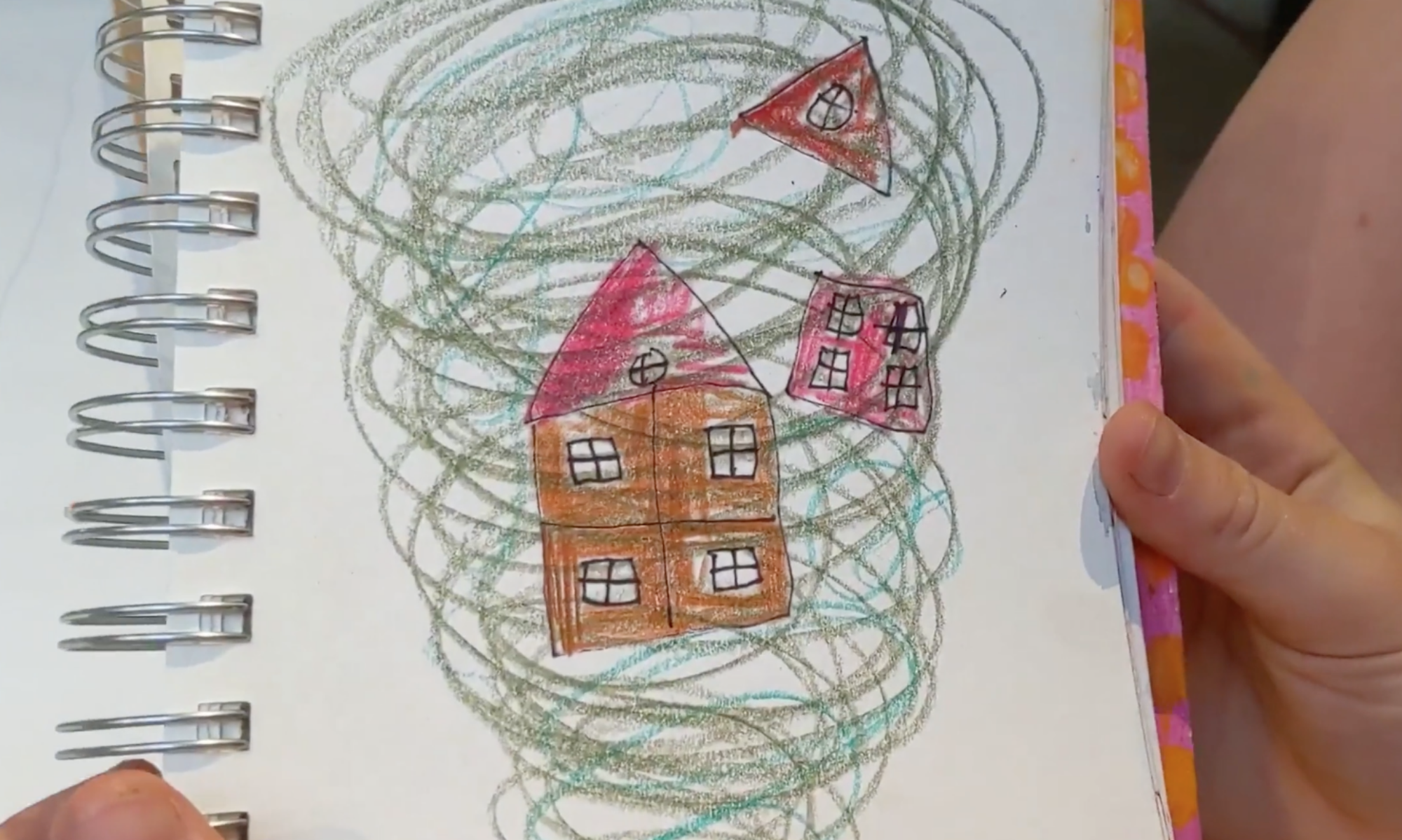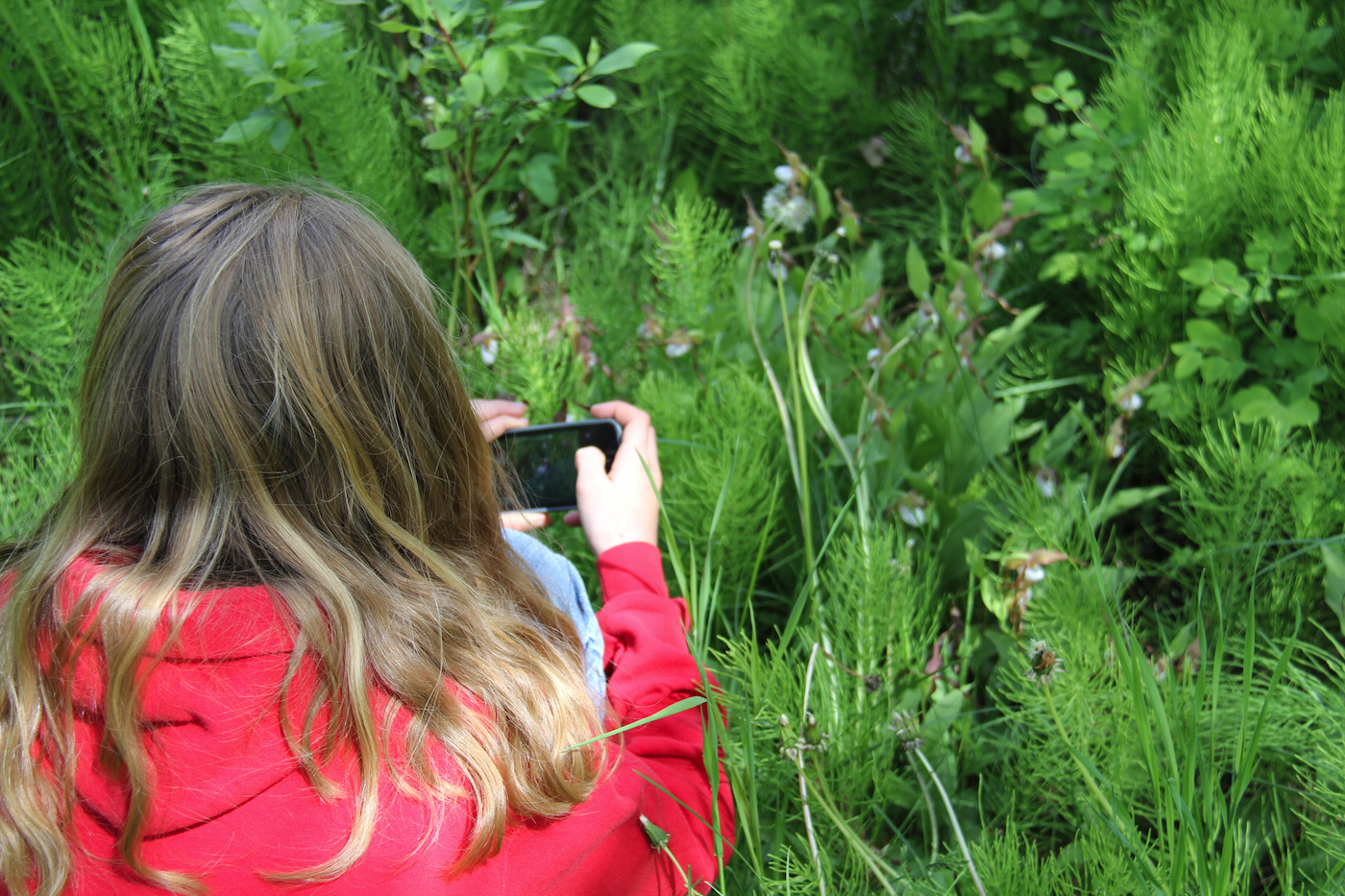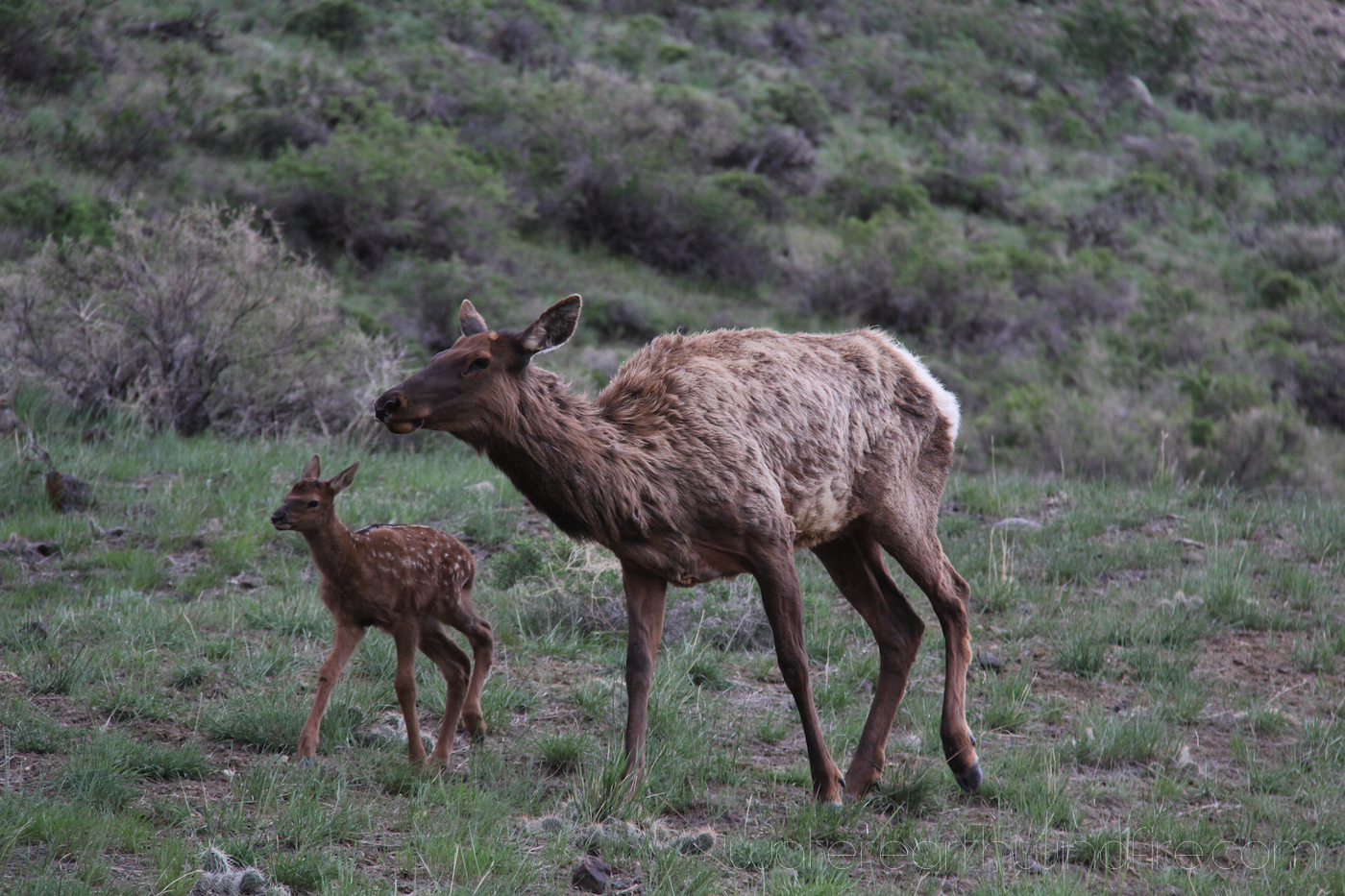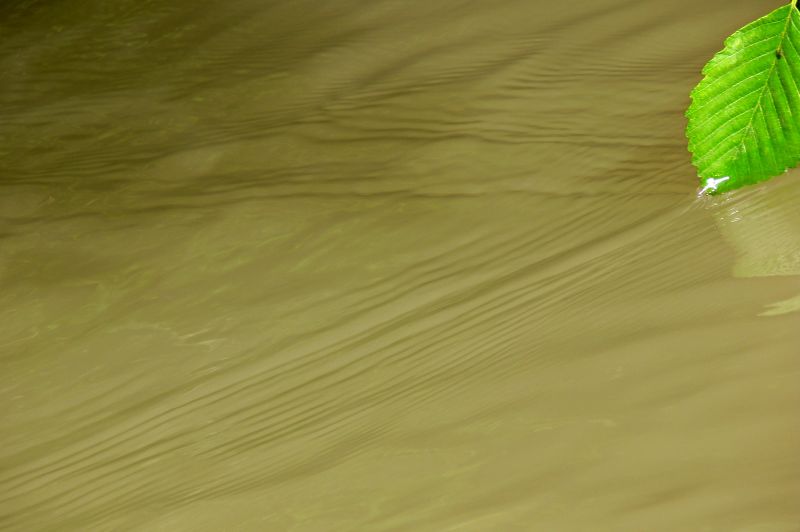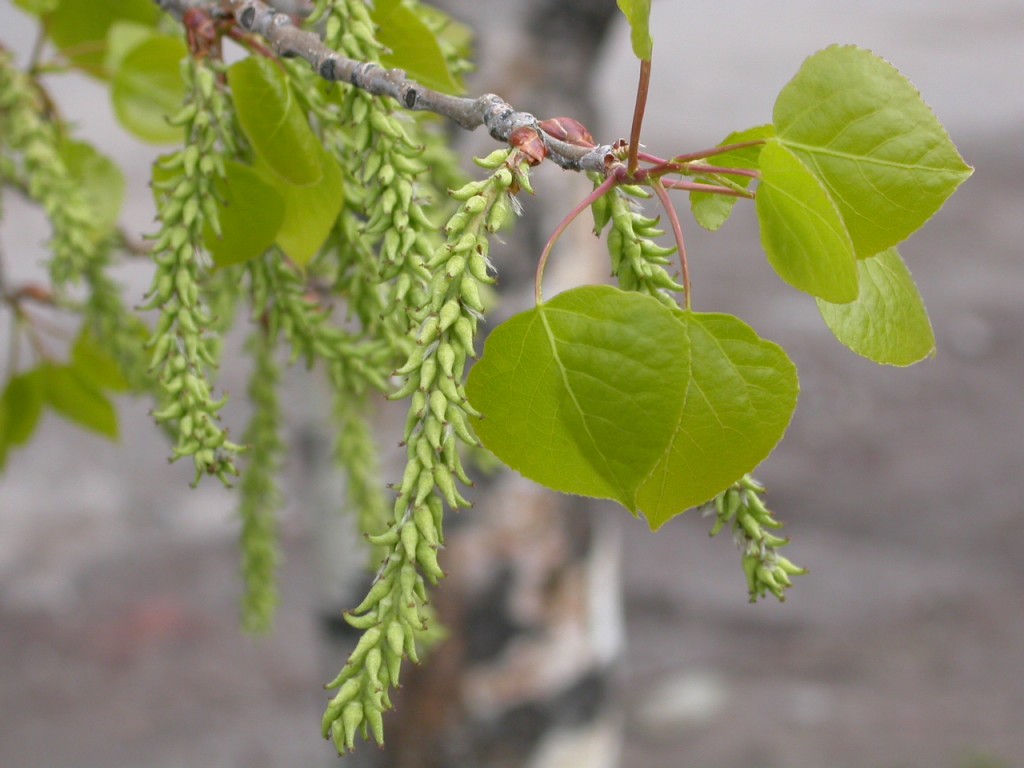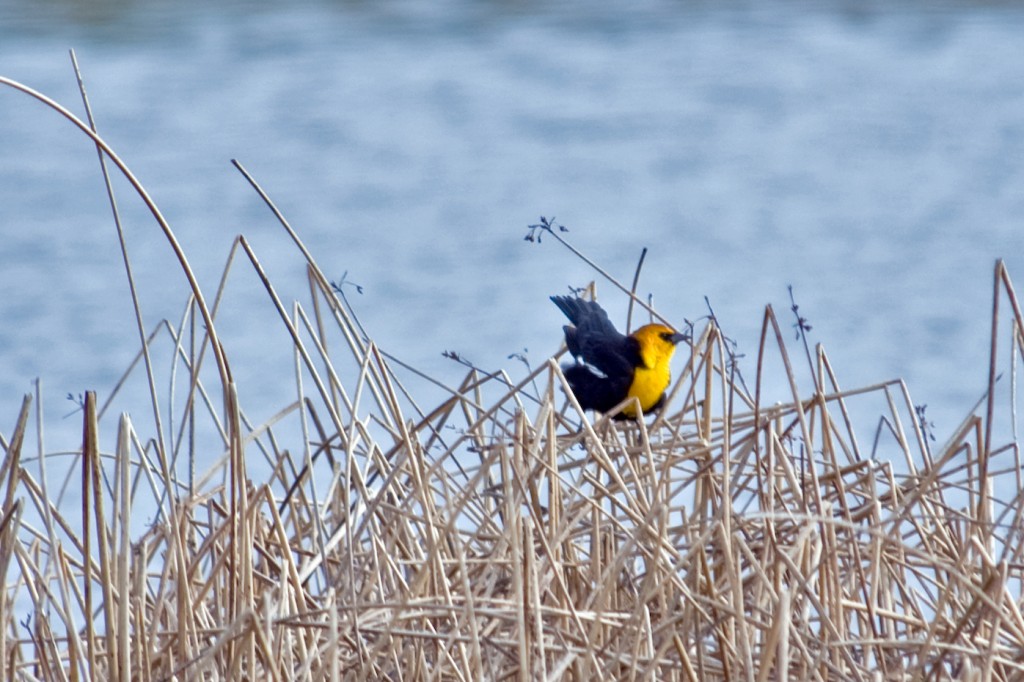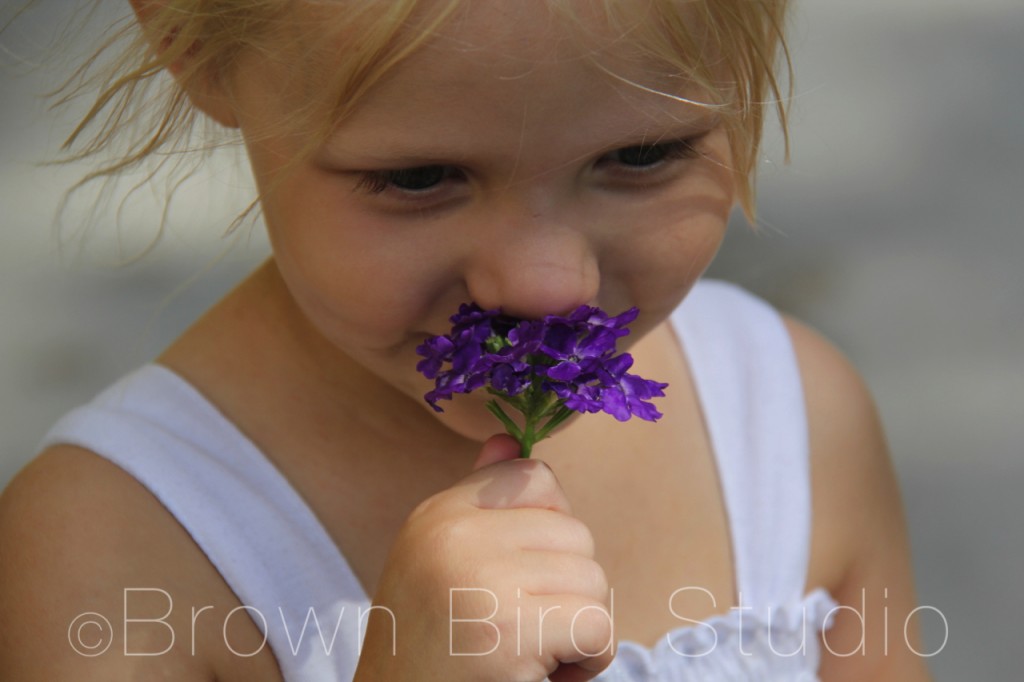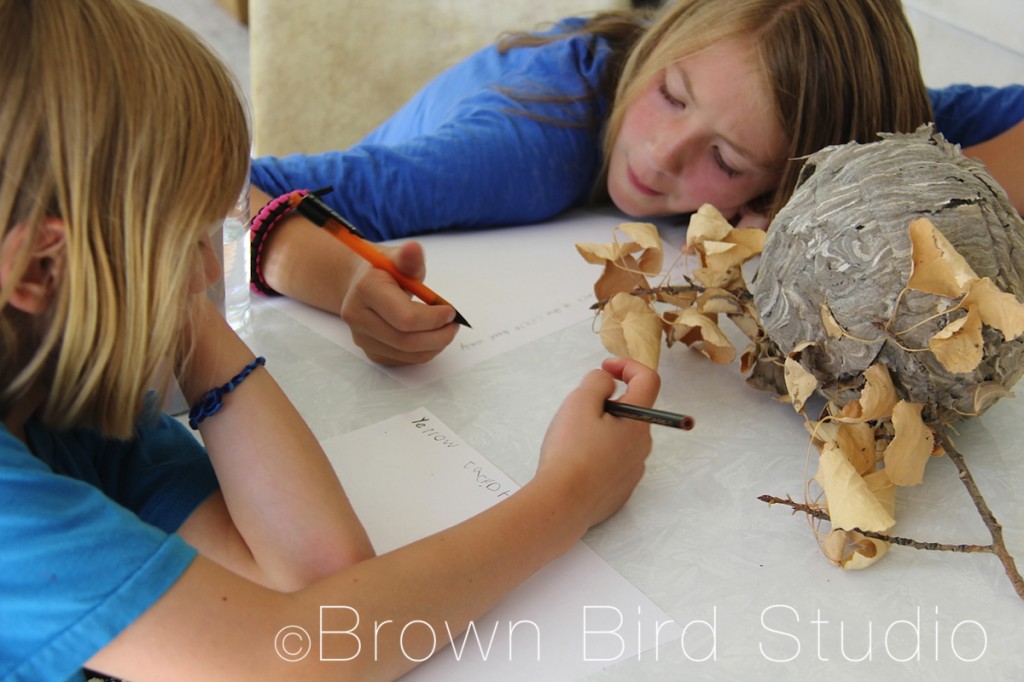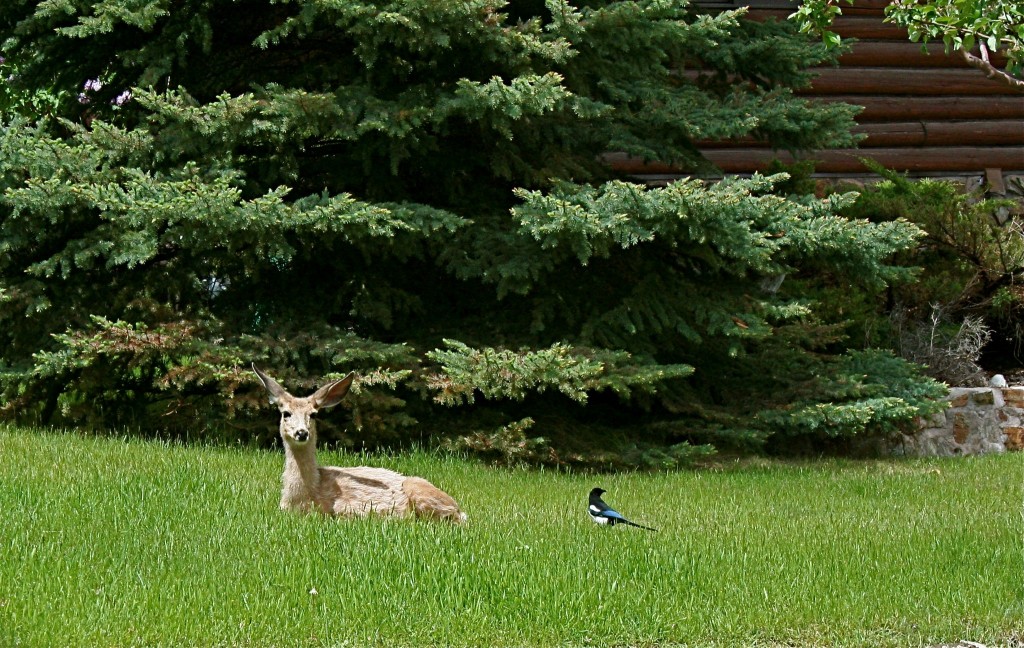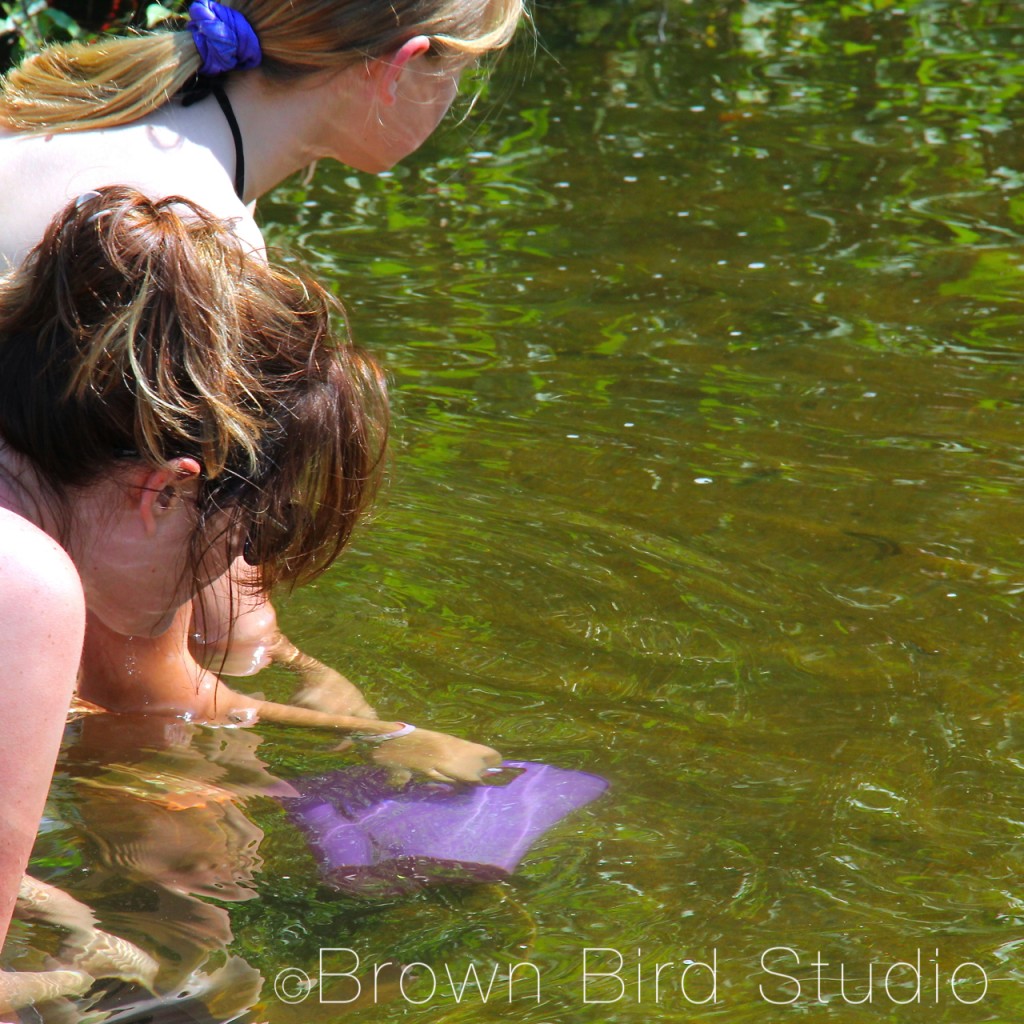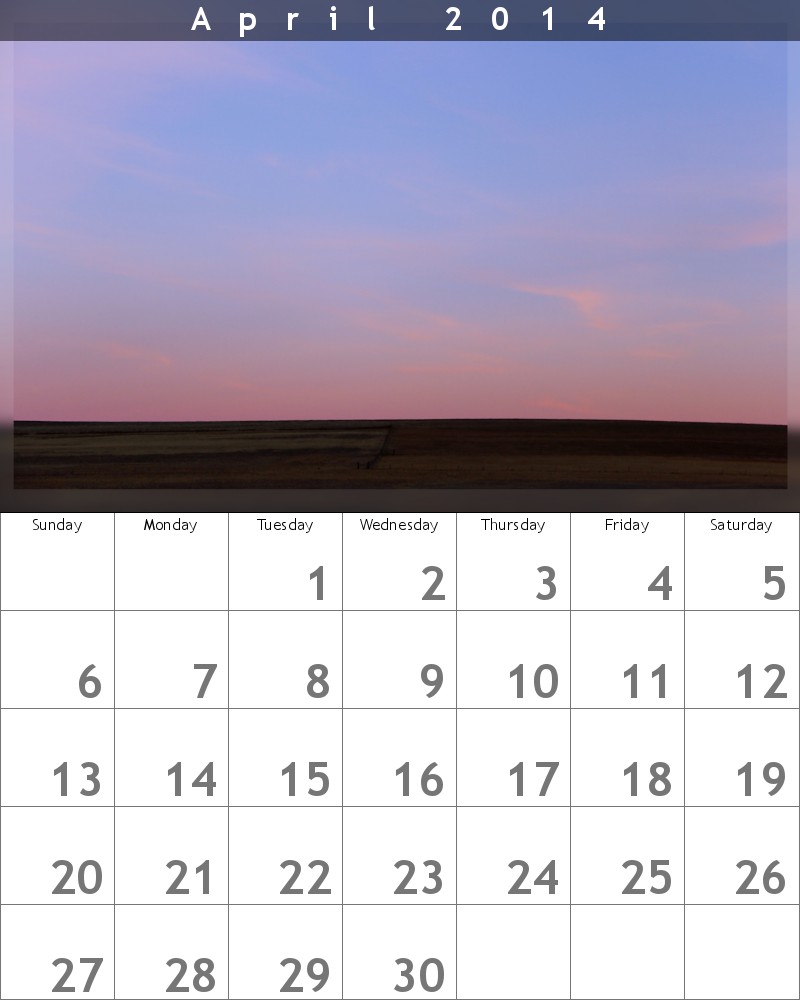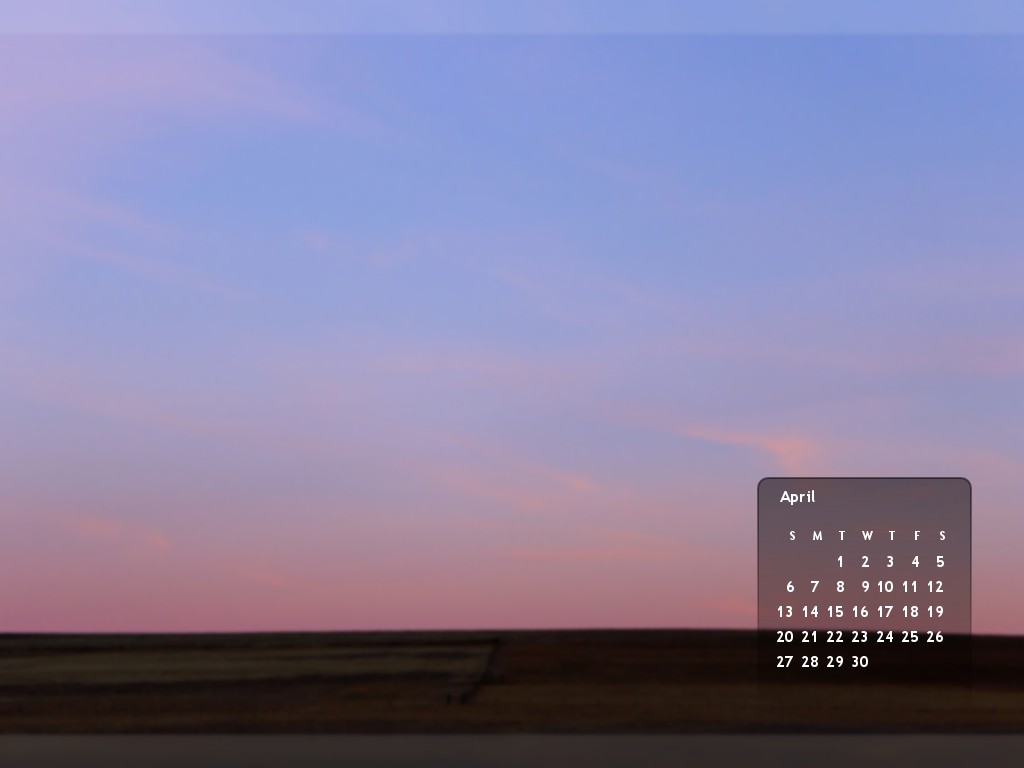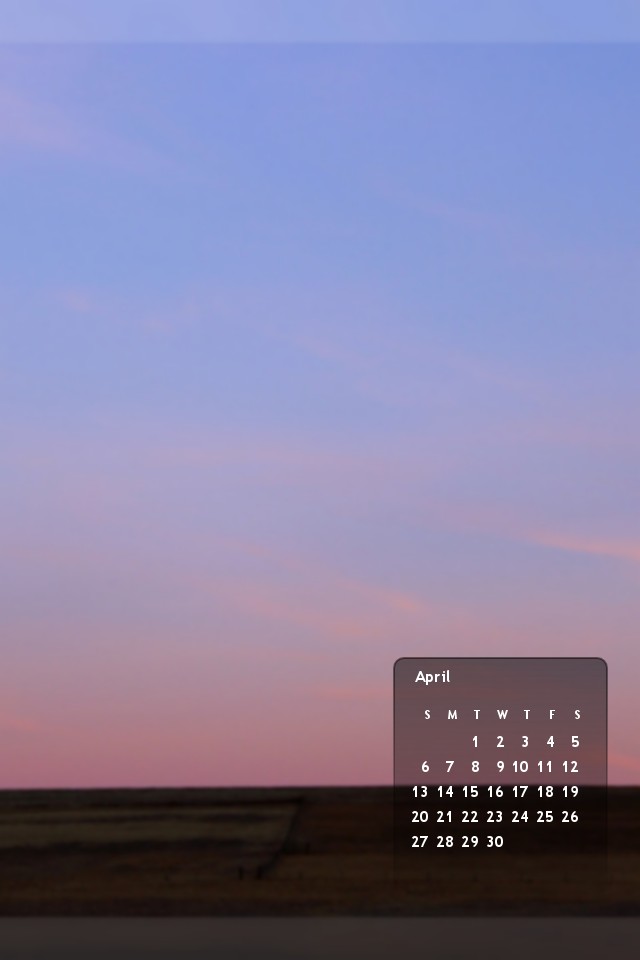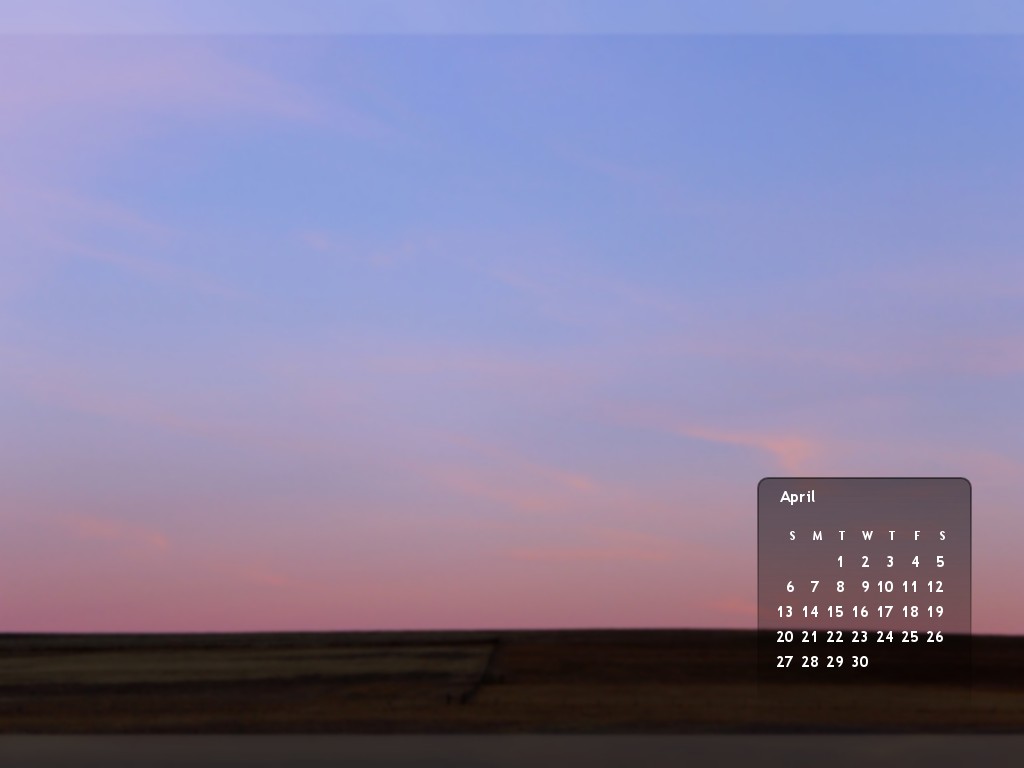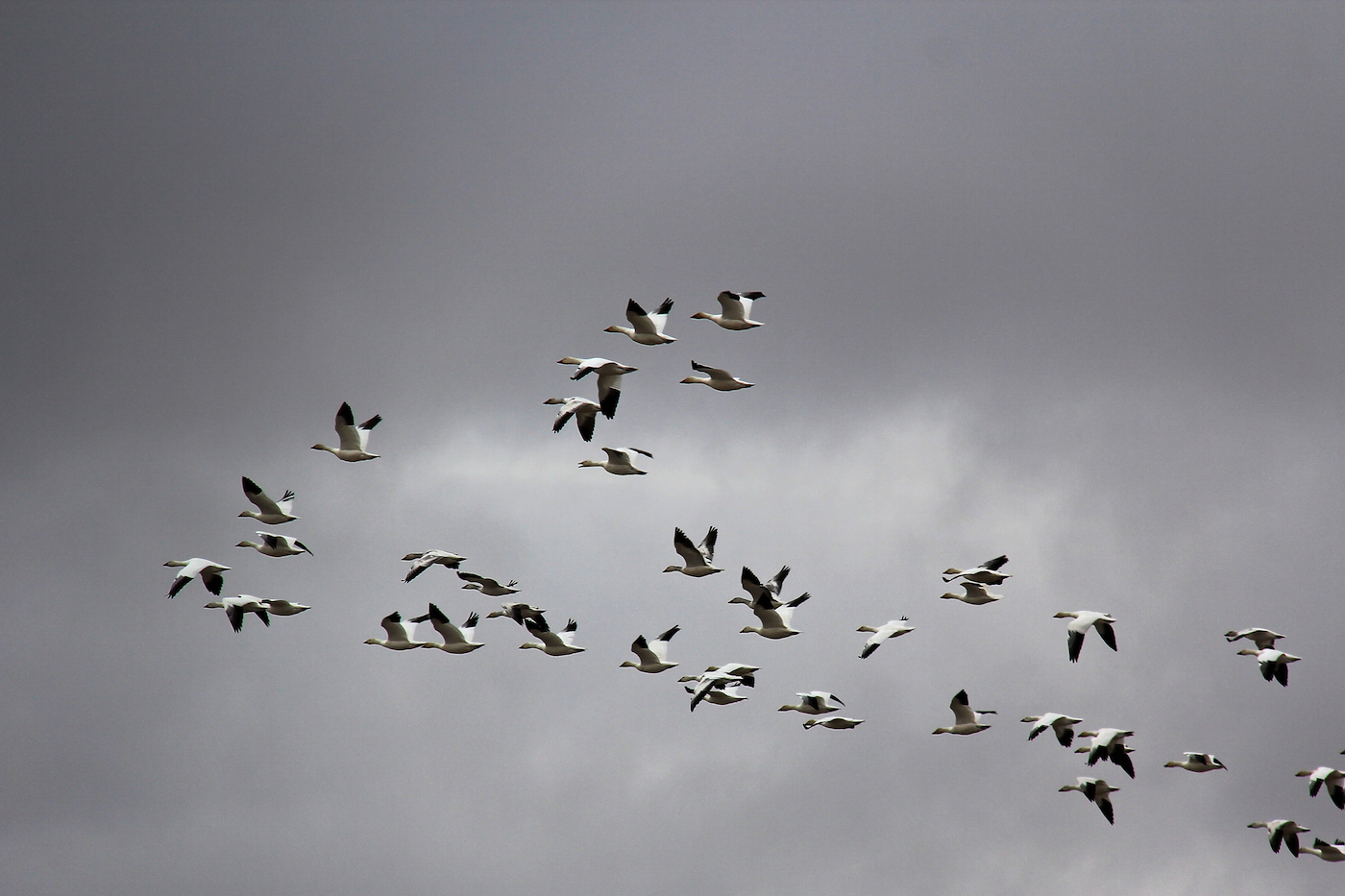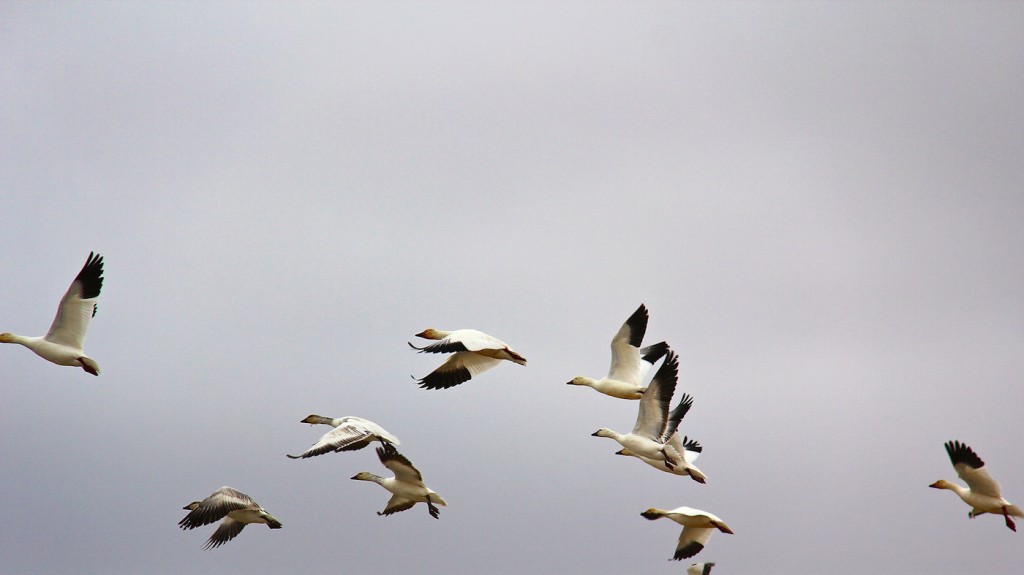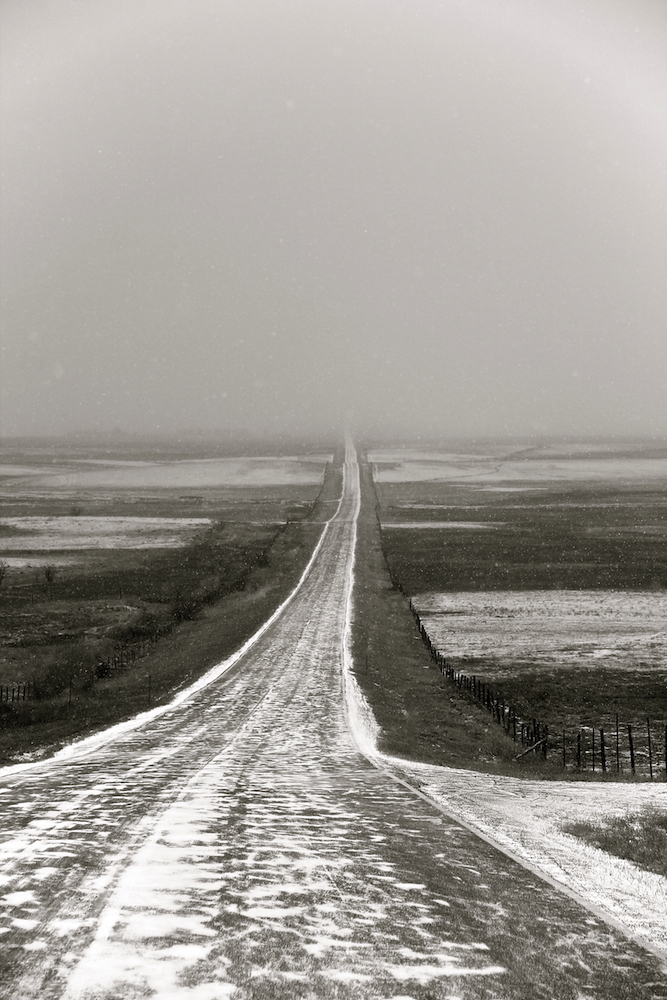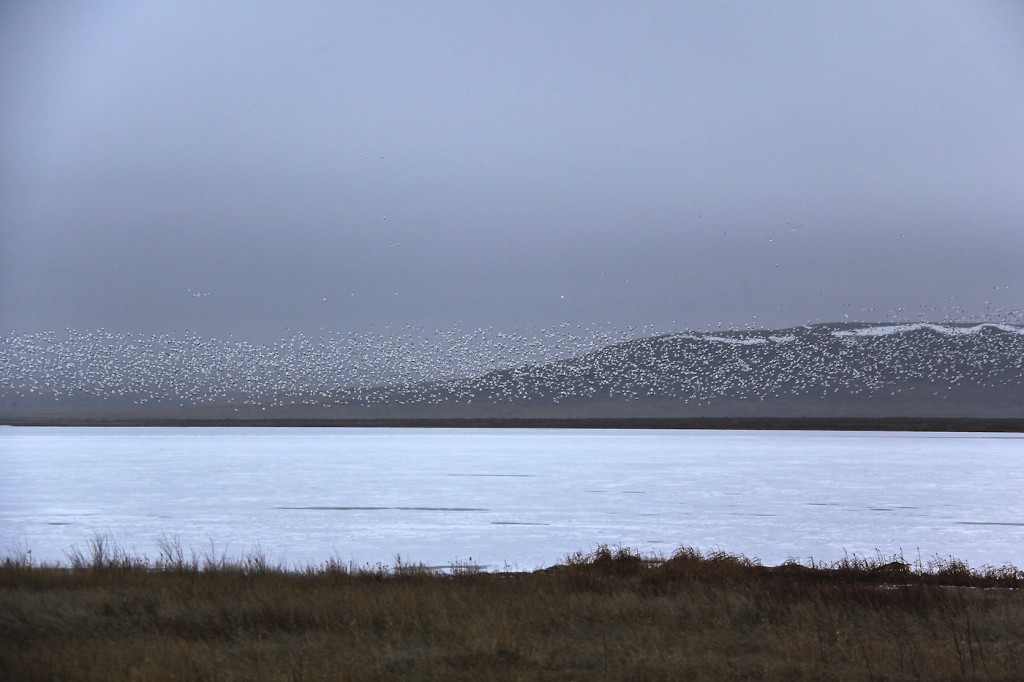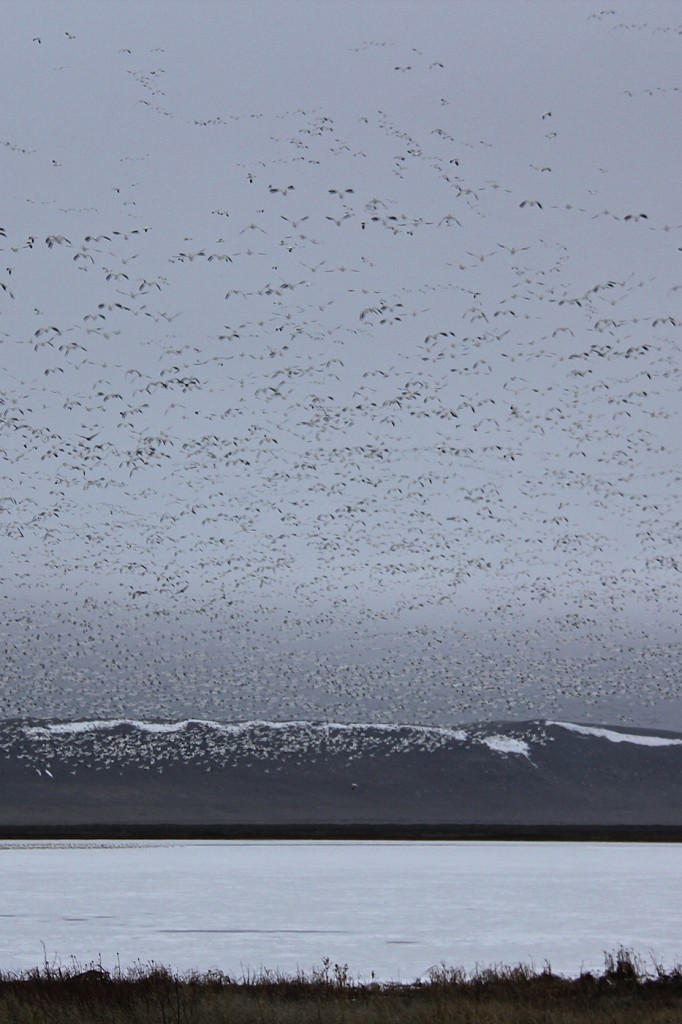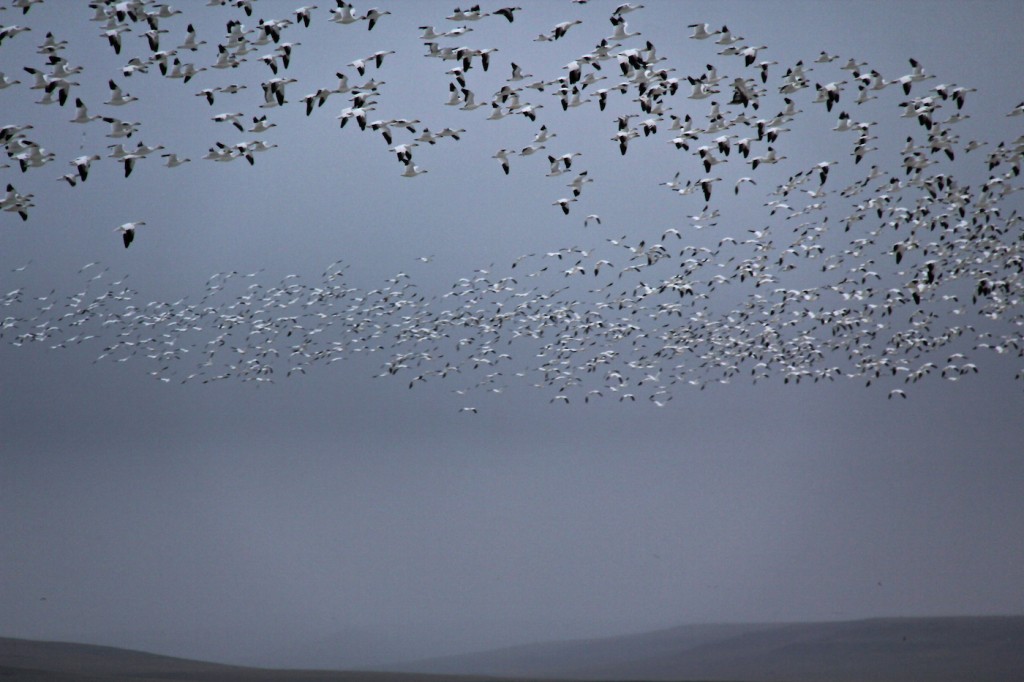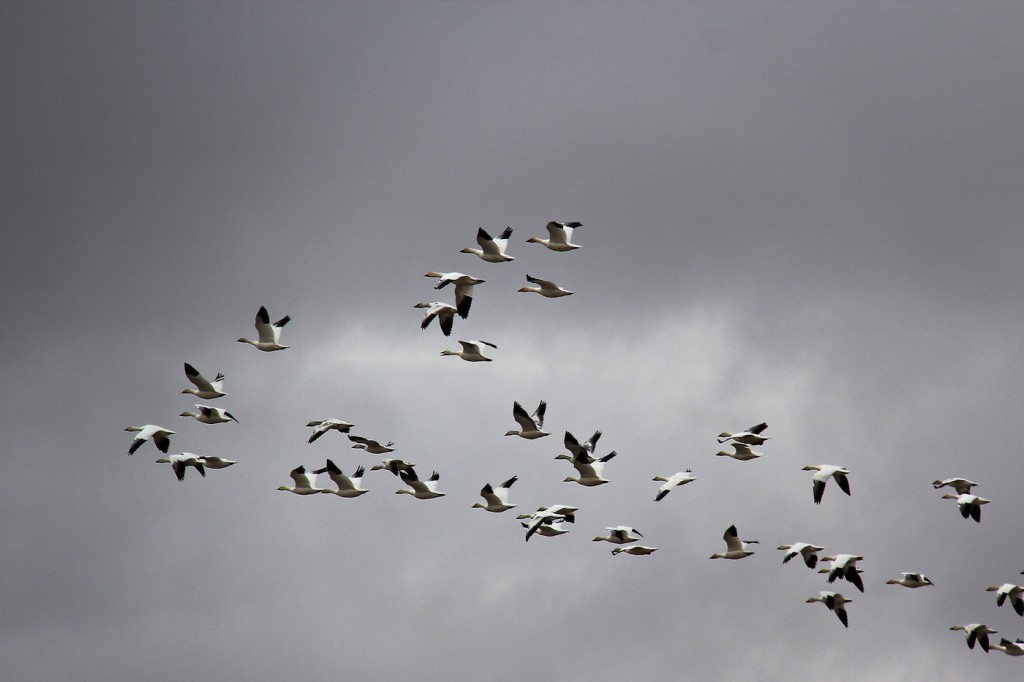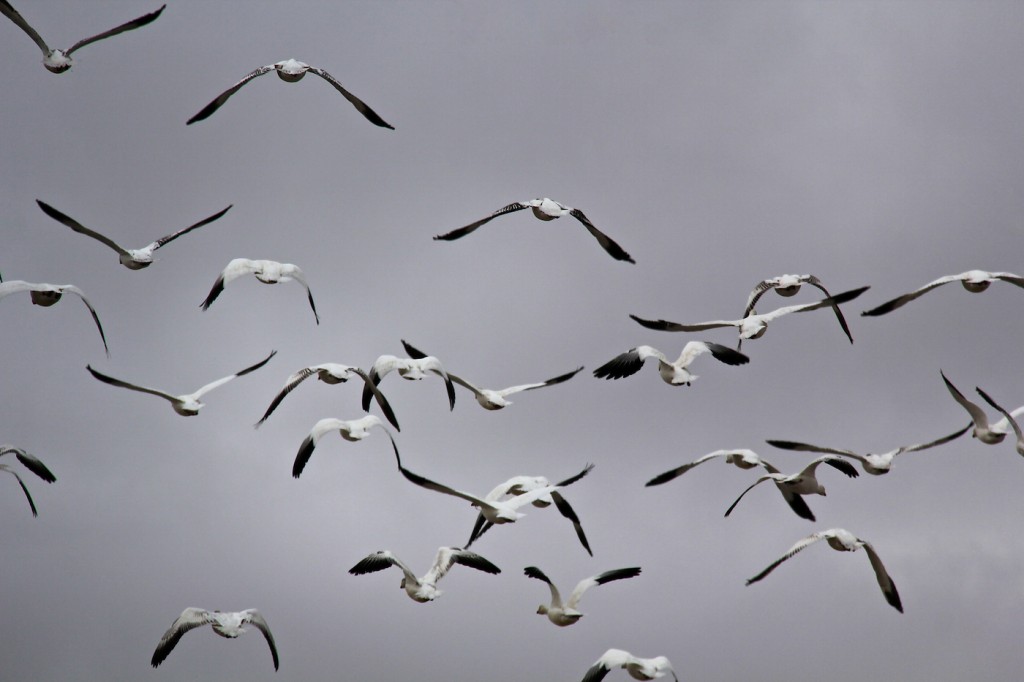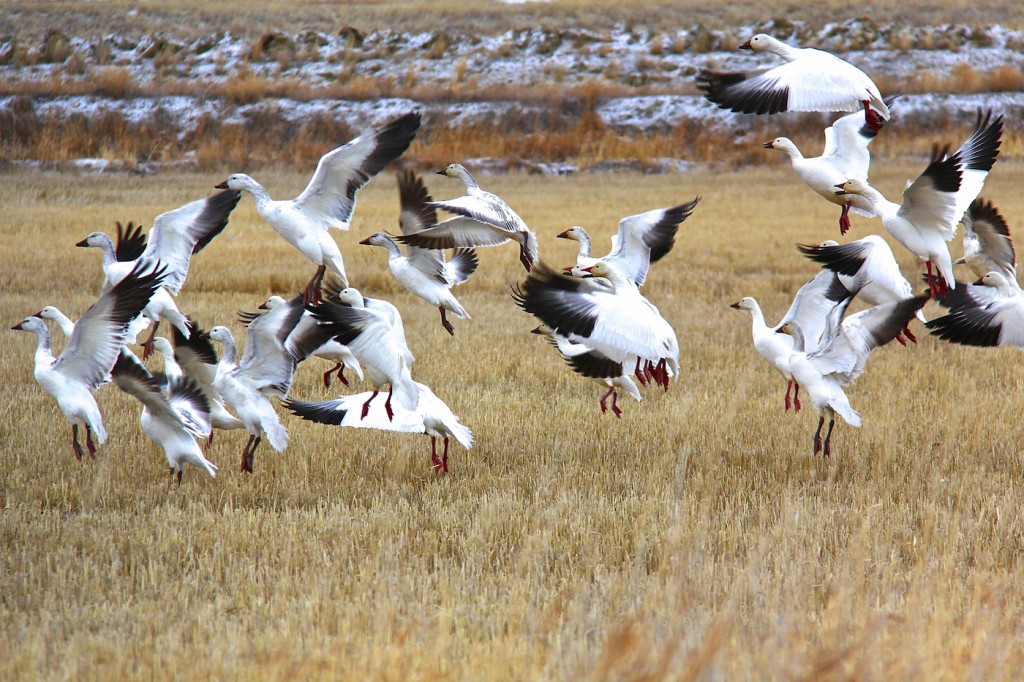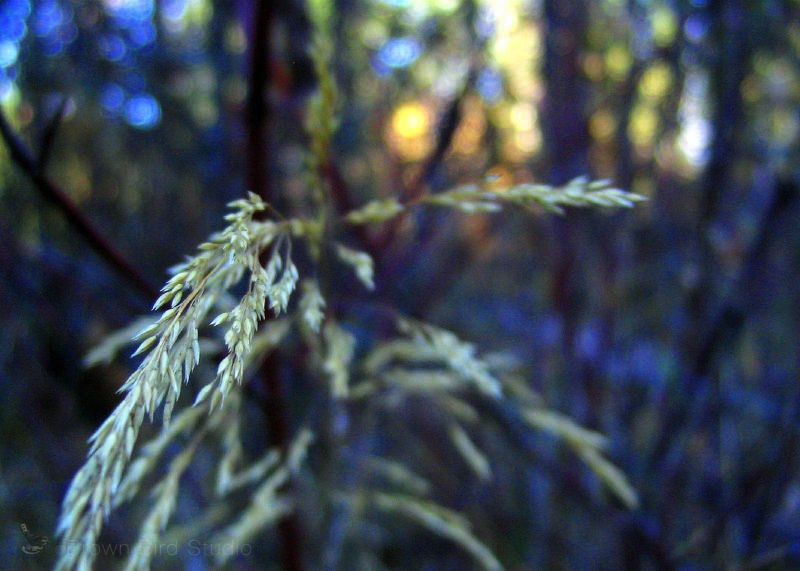Artist Date 2: Visit a Cemetery
Art Camp for Two
Last week, my young friend, Grace and I invented our own “art camp.” She stayed with me for four nights and we had 3 full days of creative fun. I sure hope we get to do this a couple more times this summer. Hanging out with young people fills my cup, especially when they are as enthusiastic about life and learning and creativity as Grace is. It was super cool that we got to do so many projects and have some adventures just the two of us. Actually, it was three of us — Charlie came along too.
I promised Grace I would teach her how to make a blog post, so I am going to leave the DIY tutorials until she comes back for our next art camp. In the meantime, here are some photos of some of the things we did and made:
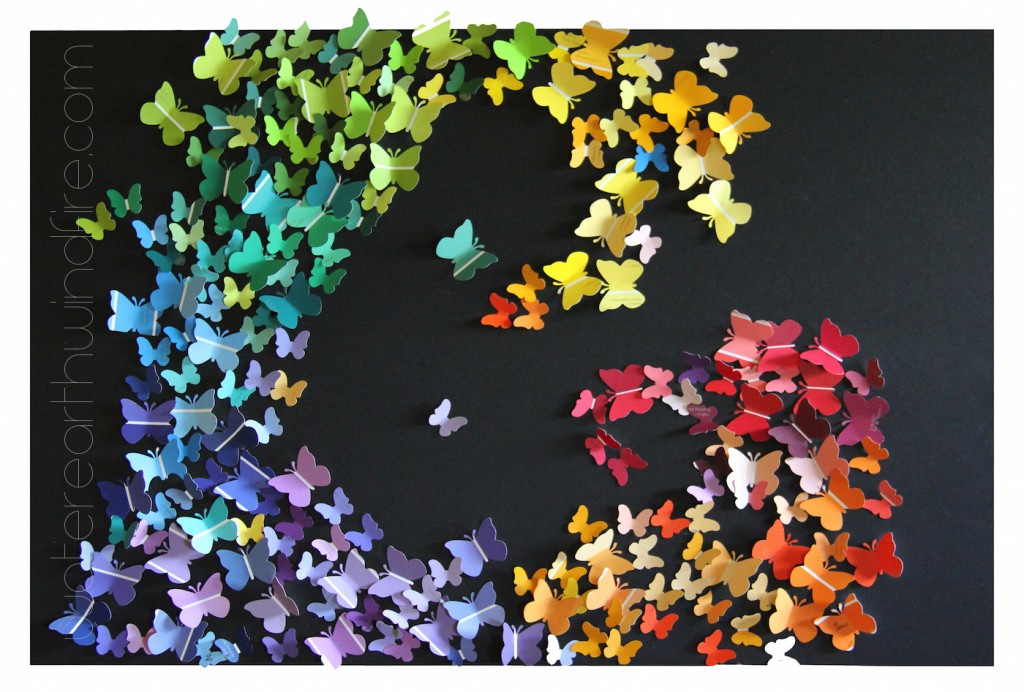

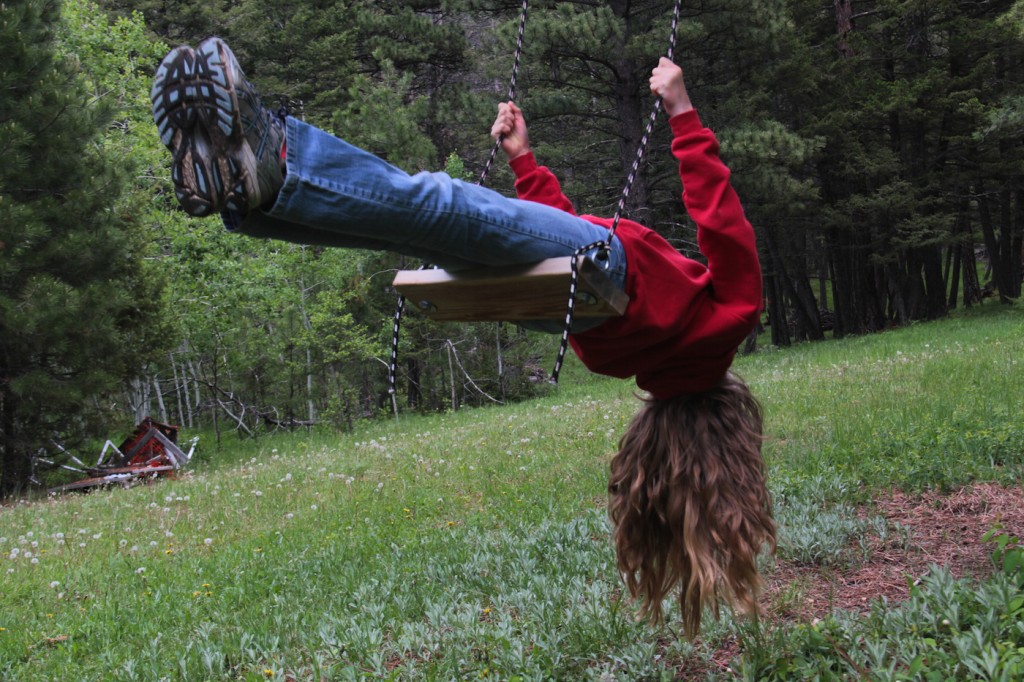
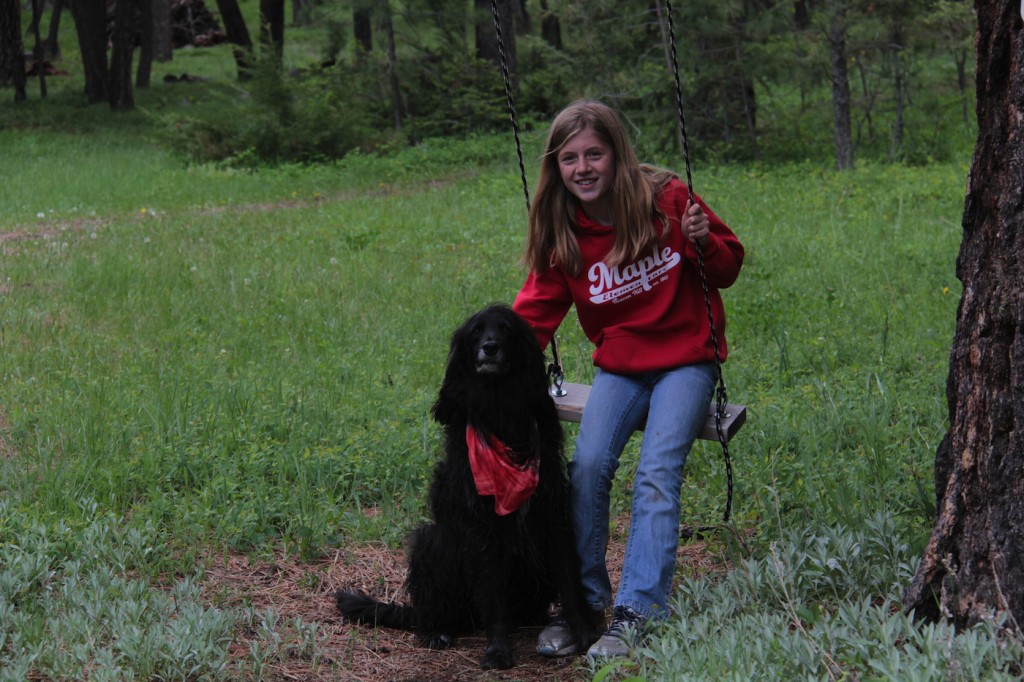
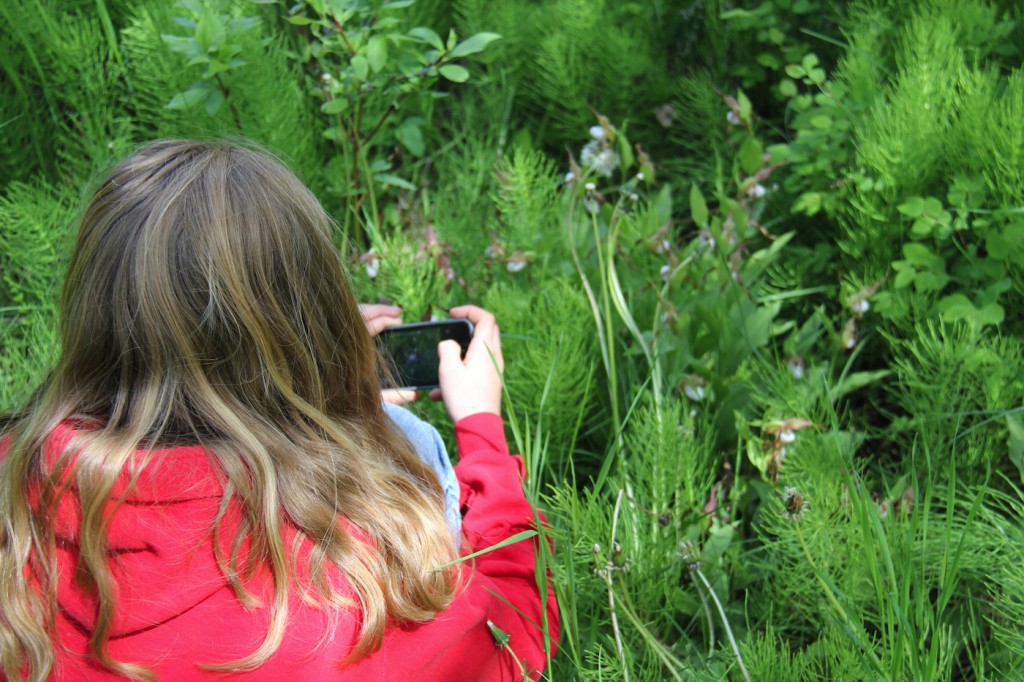
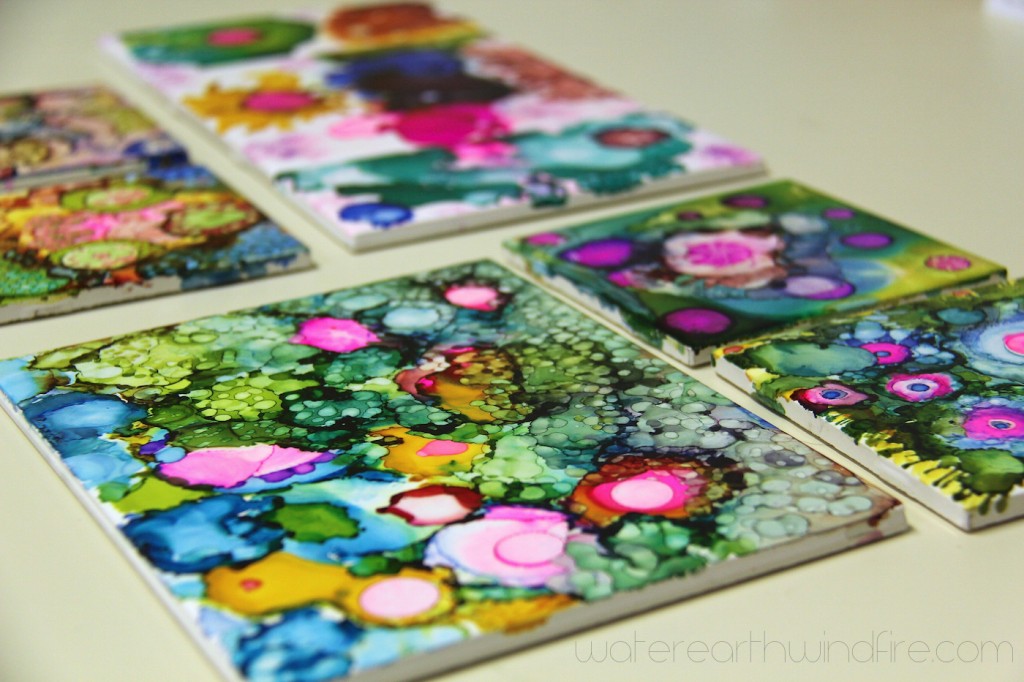
My New Favorite Season: Spring Near Yellowstone
Hearing robins singing has always been my first sign of Spring.
Audio PlayerWe’ve tried to arrange for our shamanic study group to meet in Montana, our home-ground, for almost 20 years. Well, they came this spring! Yay! And I kinda think everybody pretty much fell in love with Montana’s beauty and wildness. Yellowstone Park, the Yellowstone River and Paradise Valley to be specific.
It’s been a long time since I have visited Paradise Valley and Yellowstone Park in springtime. Starting when my sons were little, we camped in Yellowstone but usually after school was out for the summer, or in the fall. I’d always heard about the incredible spring surge of baby wild mammals and birds there, but I’d never experienced that awesomeness until this retreat. Fall was always my favorite Montana season. I’ve changed my mind, though.
My new favorite season? Spring-near-Yellowstone. Yes. That is a season. Springtime-near-Yellowstone. Not just plain old Spring.
In early May, Mother Earth is waking up in the Yellowstone ecosystem. Waking up in a big way:
- Her trees sure woke up — fast! In just a couple of days, before our eyes, the aspens and cottonwoods dressed their bare branches in mists of green, then fully clothed themselves in designer-leaf-garments.
As spring days grow warmer, Earth’s sacred waters awaken. Snow melts. Soft rains come. Rivers swell and fill their banks. The water covers sand bars, willow thickets and ancient boulders. Listen to the sound of a small stream feeding a big river and notice the beauty filling your heart:
Audio Player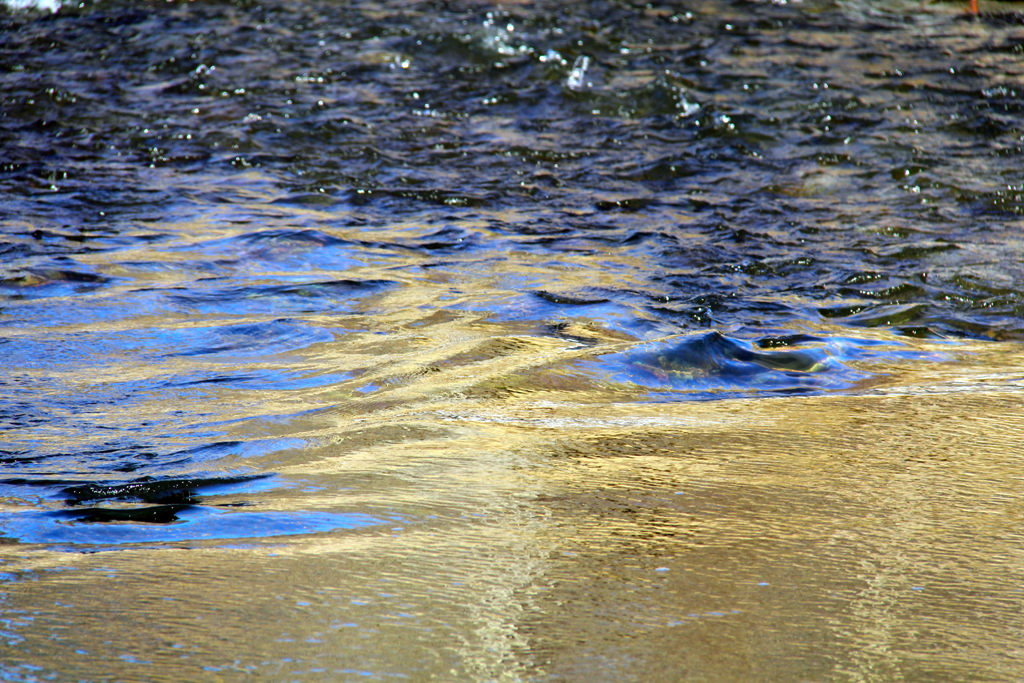
During the night the land sleeps. Mists cover the bottom of Emigrant Peak in the Absaroka range. With sunrise, the clouds lift to reveal a snowy shawl on the mountain’s shoulders and, as the day warms, her shawl unravels into rivulets that feed the swollen river. Earth’s sacred waters take many forms.
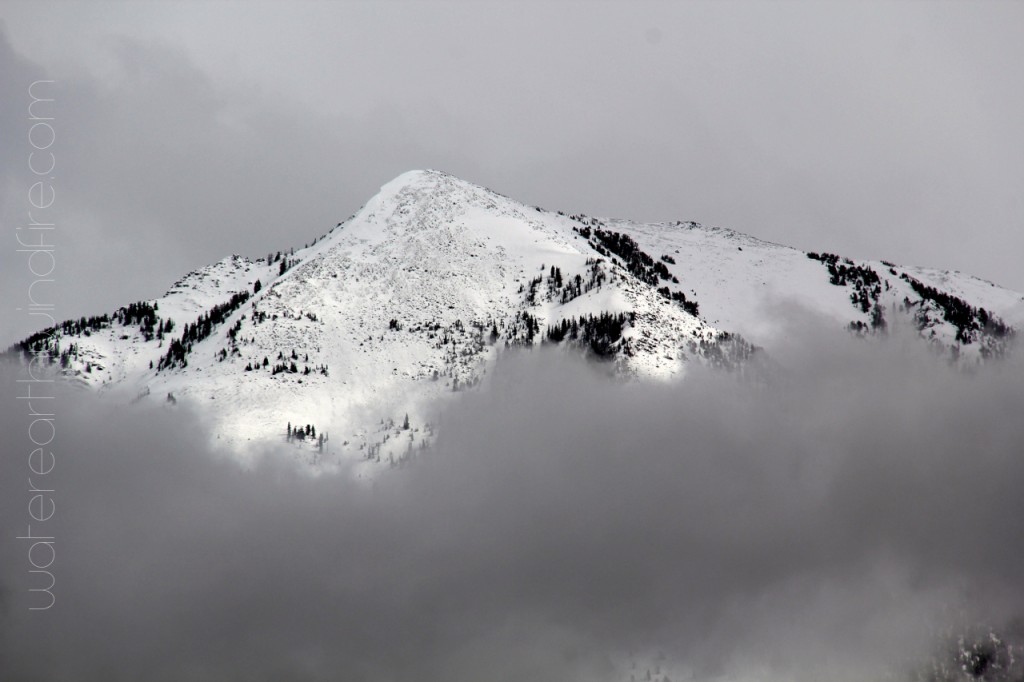
Mother Earth is waking up with babies. Every kind of wild-fertile-life-explosion-of-exuberance baby: bison calves, wolf cubs, fox kits, fawns, elk calves, gopher kits. Eaglets, goslings, osprey chicks and kildeer chiclets. A hatch of mayflies and a hatch of trout fry, bunnies, ducklings, loonlets and grebelets.
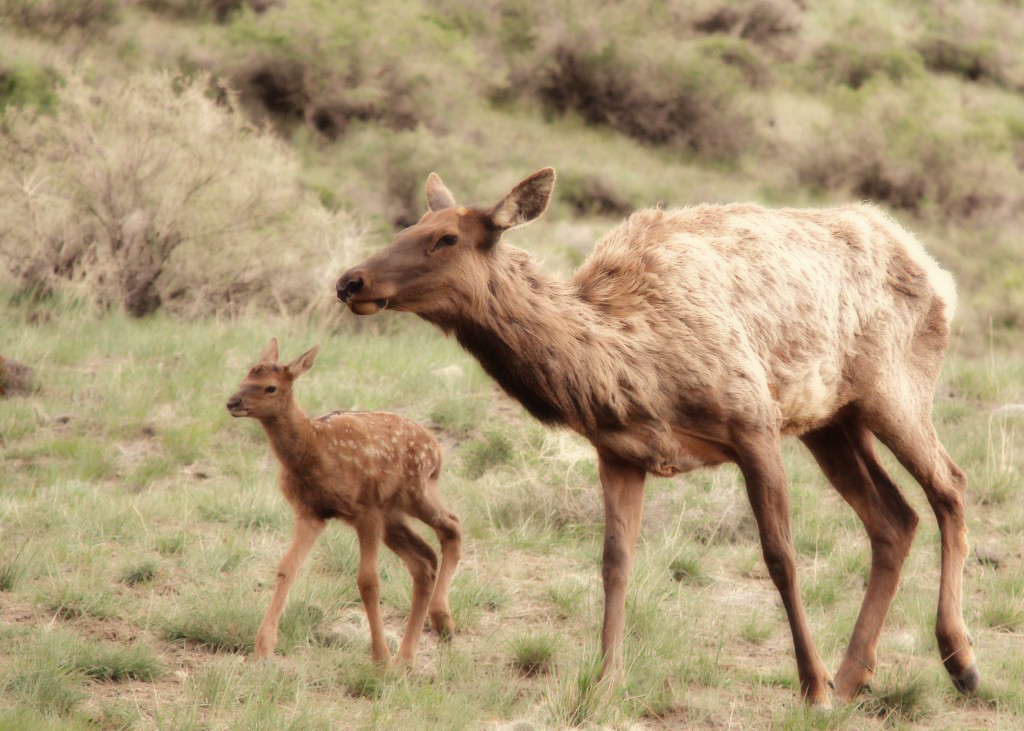
Birds mate, nest and raise a brood. Or they just pass through, feeding all around us – energy for the journey.
- A grebe mother floats by with a brood of grebelets on her back. Two of them are just behind, tucked up against her tail as close as they can be, in the wild, rising waters.
- Yellow-headed blackbirds sing their water-in-the-throat-joy
- Dusk brings the chortling call of sandhill cranes, their color that of deer, goose and fallow field
- Canada geese stand on a snag midstream, high water all around them, calling their distress in not-quite-unison
- White pelicans glide downriver — a silent line on invisible rolling air-hills
- Mama eagle brings home a snake, then a rabbit, a duck, a fish — she’s a good provider
- Nuthatch, woodpecker, chickadee, siskin, finch — the timbre of bird-song in a meadow swells to a symphony of beats, noise and vibrant texture
- The cottonwood grove where we met around a fire, is alive with aspen-catkin-fluff dancing in the air to the rhythm of bird-song
- Above our heads, baby gracklets (made-up-word-warning) strain their wobbly necks from a hole high in an old snag. Their begging calls must fill the parent birds with urgency — bring more bugs! Bring more bugs!
- A red tailed hawk screams hoarsely from across the flooding river — an osprey answers at dusk
Our Earth is sacred. There are some places on Earth I can more easily feel and experience that sacredness. The Yellowstone ecosystem is one of those places for me. It is holy ground.
Just for fun, I found some recordings of some of the birds we saw and heard during our retreat. Listen here:
Sandhill Crane
Pine Siskin
Osprey on Nest
Mountain Bluebird
Yellow-headed Blackbird
NOTES:
- Yellowstone Naitonal Park is the centerpiece of the Greater Yellowstone Ecosystem, the largest remaining nearly intact ecosystem in the Earth’s northern temperate zone.
- Half of the world’s geothermal features are in Yellowstone, fueled by the ongoing volcanism of the Yellowstone Caldera, world’s largest supervolcano.
- We stayed at River’s Bend Lodge and some cabins at Paradise Gateway, hosted by Carol and Pete Reed with help by their daughter-in-law, Holly. What a great place to stay — right on the river, surrounded by more wildlife than I’ve ever seen in one place. Thank you for opening your slice of Paradise to our group.
- Here is a Checklist of Mammals that live in the Yellowstone ecosystem.
- The Absaroka Beartooth Wilderness has the largest single expanse of land above 10,000 feet in the United States.
CREDITS:
- The River ©Eddie McHugh
- Recording of American Robin from Slater Museum
- Aspen Catkins photo ©Matt Lavin
- River Reflection ©Maureen Shaughnessy (me)
- Snow Clouds Cloak Emigrant Peak ©Maureen Shaughnessy
- Elk Cow and Calf ©Maureen Shaughnessy
- Yellow-Headed Blackbird ©Michelle Lamberson
- Bird Calls are from Xeno-Canto.org
- Recording of Pole Creek is by Maureen Shaughnessy
Eating Dirt May Be Good For You
For most of human history, people chased things or were chased themselves. They turned dirt over and planted seeds and saplings. They took in Vitamin D from the sun, and learned to tell a crow from a raven (ravens are larger; crows have a more nasal call; so say the birders). And then, in less than a generation’s time, millions of people completely decoupled themselves from nature. — Timothy Egan, NYT
When I was a kid, our typical day after school was finishing our homework, doing a few chores, then running outside to play. When dinner was ready, Mom called us in, we did our after-dinner chores than ran back outside.
We had forts in the woods, and forts in the blackberry brambles. Played kickball, kick-the-can, many variations of tag and hide-and-seek with a whole tribe of neighborhood kids. We captured fireflies in jars, investigated ant hills, caught crawdads with plastic cups, chased dragonflies and hunted snapping turtles in the creek (we didn’t hurt them.) We picked wild strawberries, blackberries and plums.
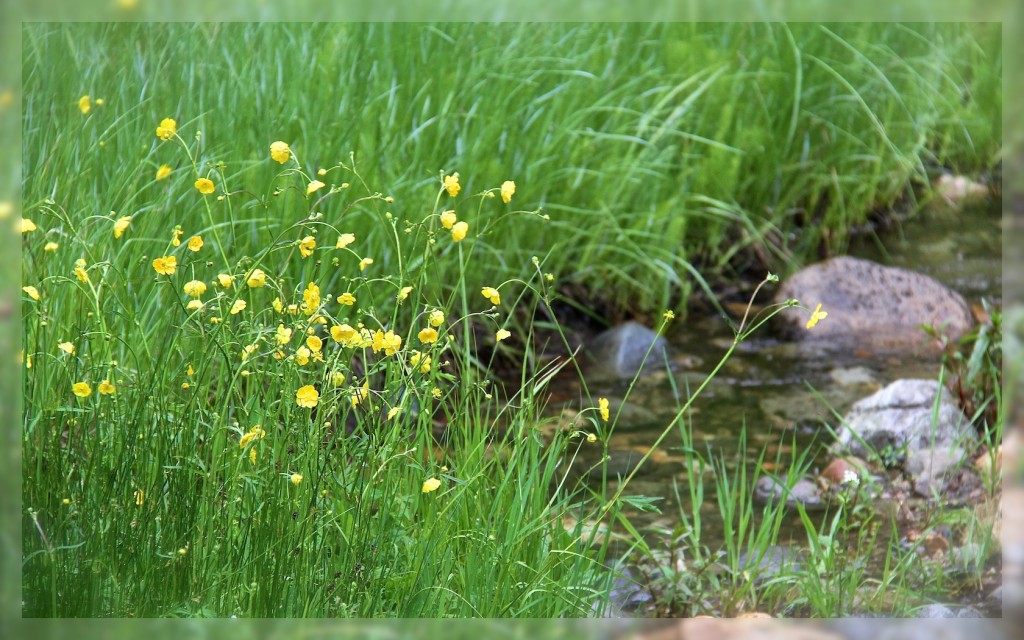 We raised a wild raccoon, lots of polywogs, a few caterpillars, two snapping turtle babies, some squirrel babies and a baby robin. Dug in the dirt, made mud pies, launched ourselves into the creek on rope swings, climbed very tall trees and adventured in the storm sewers. I loved lying on the big hill hear the cow pasture and just watching clouds. I had a secret place under a spiraea bush where I would lie on a blanket to read. Outside.
We raised a wild raccoon, lots of polywogs, a few caterpillars, two snapping turtle babies, some squirrel babies and a baby robin. Dug in the dirt, made mud pies, launched ourselves into the creek on rope swings, climbed very tall trees and adventured in the storm sewers. I loved lying on the big hill hear the cow pasture and just watching clouds. I had a secret place under a spiraea bush where I would lie on a blanket to read. Outside.
What adventure! Totally unstructured. I remember at some point longing to attend a summer camp because some of my friends were going, but I never did. I also didn’t have music or art lessons, extracuricular sports or academic tutoring. We just played (well, we did chores too.)
Life is different for little kids now. It makes me sad to think of how disconnected children are these days, from the natural world.
According to Richard Louv who wrote Last Child in the Woods, “Boys and girls now live a denatured childhood. What little time they (children) spend outside is on designer playgrounds or fenced yards and is structured, safe and isolating. Such antiseptic spaces provide little opportunity for exploration, imagination or peaceful contemplation…
Louv recommends that we re-acquaint our children and ourselves with nature through hiking, fishing, bird-watching and disorganized, creative play. By doing so, he argues, we may lessen the frequency and severity of emotional and mental ailments and come to recognize the importance of preserving nature” — Jeanne Hamming
Another excerpt from the book, “Last Child in the Woods:”
As a boy, I was unaware that my woods were ecologically connected with any other forests. Nobody in the 1950s talked about acid rain or holes in the ozone layer or global warming. But I knew my woods and my fields; I knew every bend in the creek and dip in the beaten dirt paths. I wandered those woods even in my dreams. A kid today can likely tell you about the Amazon rain forest—but not about the last time he or she explored the woods in solitude, or lay in a field listening to the wind and watching the clouds move. — Richard Louv
What can we, as teachers, parents, grandparents, and friends of children do, to make sure kids connect with the natural world and reap the benefits of unstructured outdoor, nature-based playtime? Well, take some action. Any action. Here are 10 things:
- Here is an awesome list of resources and ideas, right here. Start with that.
- Next, download this guide, “Together In Nature.”
- Or … start by just getting outside. Anywhere outside. With your kids. It doesn’t have to be in a wild place. Be random. Be playful. Let your kids lead the way. Explore. Be curious. Be refreshed.
- Splash in the rain.
- Go out at night with your baby in your arms.
- Take a nap with your child on a blanket in the shade.
- Grow some of your own food with your kids.
- Push for more nature-based education in schools.
- Help create green spaces in your urban community.
- Explore your city so you know where the natural places are.
And yes, eating a (little) dirt can be good for you — for your immune system and for the playful sprite inside every one of us.
LINKS
- You’re Part of the New Nature Movement If …
- “Last Child in the Woods: Saving Our Children from Nature Deficit Disorder” by Richard Louv
- New York Times Article by Timothy Egan: “Nature Deficit Disorder”
- Together in Nature: Pathways to a Stronger, Closer Family
- The New Nature Movement: subscribe to the blog for lots of great inspiration
- Reviews of “Last Child in the Woods,” including an excerpt from the book, and Jeanne Hamming’s review
- Nature Activities Resource Guide for Parents and Children
- The Children and Nature Network
- Highschoolers Need Nature Too
- Nature Conservancy Kids in Nature
- National Wildlife Federation Connect Kids and Nature
- The Conservation Fund Children and Nature
- Project Learning Tree
- Good Books for Kids and Families
- Gotta be able to laugh at ourselves … here’s a spoof from The Onion
April Calendar is a Peaceful Montana Sunset
Dear Readers: Here is a gift from me to you.
I really do appreciate you. For reading my words and for commenting. I can’t tell you how much it means to me when someone comments, or emails me to let me know they are reading and appreciating my posts. For telling me that I have touched their heart. Just alot. So thank you, and here is a desktop or wall calendar for April that I hope you will enjoy.
Sorry it’s a wee bit late. These calendars are a gift because I want you to have something to remind you of a different way of seeing the world around us. And … well, just ‘cuz…
I’d love to know if you find these useful.
The calendars are free for you to download. I will try to post the calendars the first day or two of each month. The only thing I ask is that you use them only for your personal use. Please don’t sell them yourself. And please do tell your friends these are available. Thank you!
If I don’t have the size or proportion of your computer monitor, or if you would like one for a cell phone, please tell me in the comments and I will make one for you and post it here. This month I am posting two versions: the calendar below may be downloaded and printed for your wall or fridge. The one at the top of this post is desktop wallpaper for your computer.
How do I do this? Just right-click to save the image. Let me know in comments if you have any trouble. You can download and print either calendar. Happy Springtime to you, wherever you are!
Here’s one for your iPhone:
and here is one that’s 1280 pixels wide, for your desktop:
And, finally, here is a calendar for your (analog/actual) wall (just print it out on an 8 1/2 x 11 sheet of paper, using the “photo on matte paper” settings.)
Snow Geese, Calligraphy and a Cold Dawn
Yesterday we made a pilgrimage I’ve made a half dozen times before. We drove to Freezeout Lake near Fairfield, Montana, to witness the annual spring fly-out of a hundred thousand snow geese. Our road trip was short and easy compared to the birds’ many thousand-mile journey. All we had to do was get up at 4:30 am — a totally uncivilized time of day for me (*whine*) — and drive a couple of hours. The geese (up to a half million) weren’t even midway along in their migration from central California to Alaska and the Yukon. Before arriving at Freezeout, the massive flocks of geese had made a 15 to 18 hour non-stop flight. Now that’s a journey!
Imagine sitting in your car in dark. Waiting. It’s too cold and windy to wait outside. For now. The engine is running so you can keep your feet warm. You roll the window down and hear a far off murmur.
Just before dawn the sky barely lightens. The murmur resolves like a jazz chord, into low-pitched honks and calls. You sip your hot coffee … turn off the engine. You are quiet. The prairie is quiet.
Suddenly you feel a pounding downbeat as several thousand geese erupt from the water’s surface.
The mass of black dots becomes a cloud of white. Throngs of geese lift in unison, creating a huge black and white spiral. Smooth backs reflect the twilight. Then the flocks head towards you out of the western darkness.
They are directly overhead in just minutes. Jump out of the car and listen! The sound gives you shivers. So many voices!
Look up! Life’s artistry lifts your soul. Snow geese fly in formations that shift and flex — they are writing poetry in calligraphic lines across the sky.
The incredible sound of that many geese flying overhead … going somewhere … makes me feel so connected to life. The sky and the prairie are inside me, those sounds are in my heart and my soul … I am filled with longing. To go … to explore … to belong.
